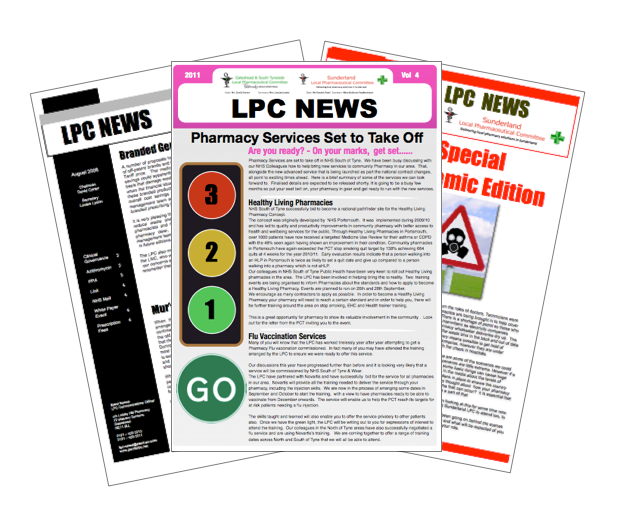
The payment will be calculated as an additional fee for each pharmacy, based on professional fee numbers. The fee will be 3.3 pence for each professional fee paid from April 2014 to December 2014.
This additional fee is paid in recognition of the reduction in margin available to contractors in the early months of this financial year.
As part of the 2014-15 community pharmacy contractual framework it had been agreed that pharmacies would be allowed to retain £800 million of margin income and, whilst the final outcome of the margin survey will not be known until later in this calendar year, early analysis indicates that this total is unlikely to be reached.
In a joint statement, PSNC and NHS England said:
“It remains our intention to smooth the delivery of funding to community pharmacy contractors as much as possible. This additional fee has been agreed in light of the predicted under delivery of margin in 2014-15.”



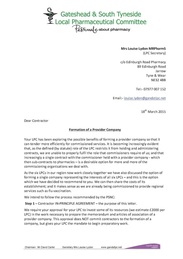




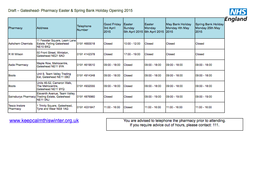
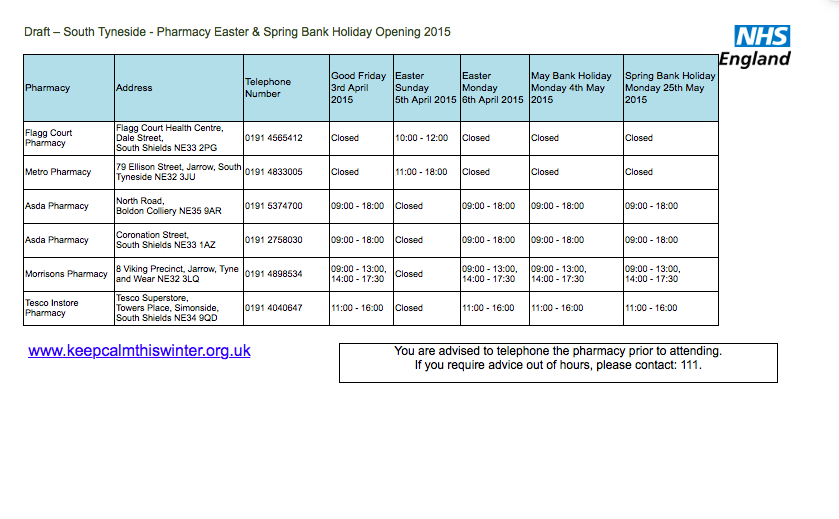
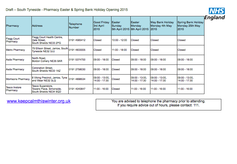
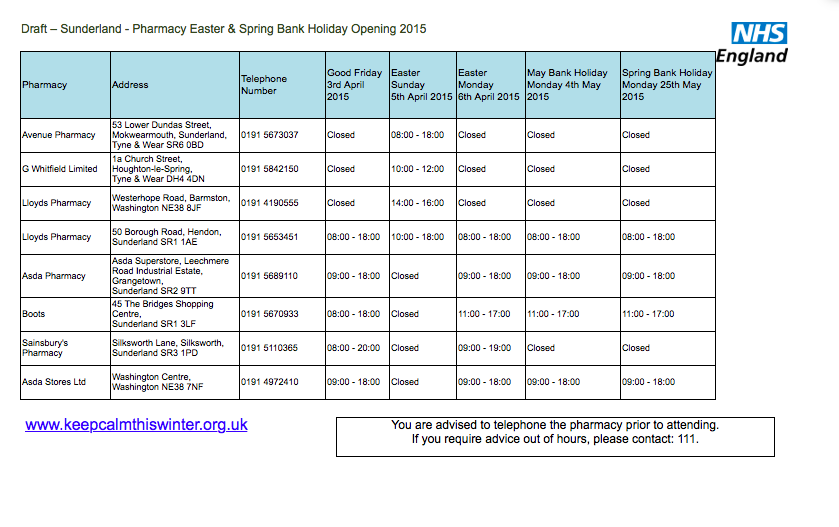


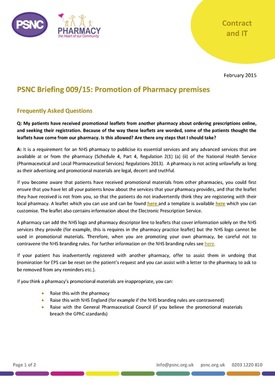
 RSS Feed
RSS Feed
